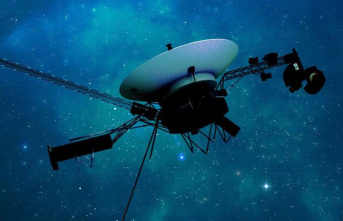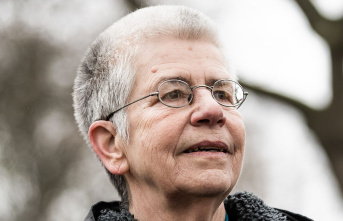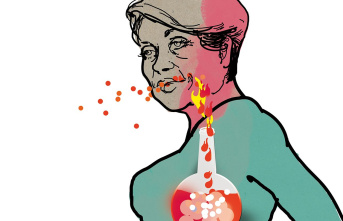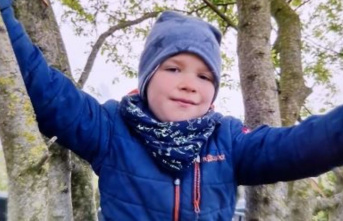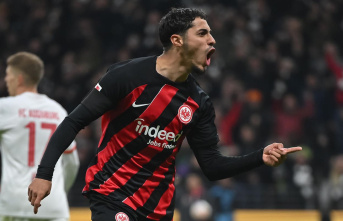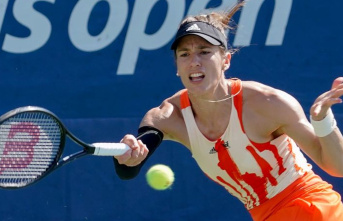The Russian Nobel Peace Prize winner and former Soviet head of state Mikhail Gorbachev is dead. He died in Moscow on Tuesday evening at the age of 91. "Tonight Mikhail Sergeyevich Gorbachev died after a long and serious illness," said the Central Clinical Hospital (ZKB) in the Russian capital.
The world-renowned politician was considered one of the fathers of German unity and a pioneer for the end of the Cold War. East Germans in particular still revere "Gorbi", as they call him, as a statesman who brought them freedom more than three decades ago.
Glasnost und Perestroika
In the 1980s, under Gorbachev's leadership, the Soviet Union signed groundbreaking nuclear disarmament and arms control treaties with the United States. In his home country, Gorbachev, as General Secretary of the Communist Party, initiated an unprecedented reform process with his policy of glasnost (openness) and perestroika (restructuring). This brought unprecedented freedom to people in the totalitarian system.
In 1990 Gorbachev received the Nobel Peace Prize for his courageous reforms. The political process led to massive upheavals in all republics of the Soviet state and ultimately to the collapse of the communist empire.
A large part of the Russian population always saw the former party and head of state as the gravedigger of the Soviet Union - and as a politician without an instinct for power. Gorbachev resigned as President of the Soviet Union in 1991, before the state dissolved itself shortly afterwards. The new strongman in Moscow at the time was Russian President Boris Yeltsin (1931-2007).
Disappointed in the Germans
Up until his death, Gorbachev had rendered outstanding service to his own political foundation in Moscow. The organization advocates democratic values and a rapprochement between Russia and the West.
Gorbachev wrote numerous books - most recently also about his disappointment with the Germans and the West. Specifically, he complained that new enemy images were being drawn against Russia. For health reasons, he did not travel to the celebrations marking the 30th anniversary of the fall of the Berlin Wall in autumn 2019. He has had to be hospitalized repeatedly over the past few years.
The politician was a co-owner of the newspaper "Novaya Gazeta," which is critical of the Kremlin and repeatedly uncovers abuses in Russia. In recent years, Gorbachev has repeatedly asked Kremlin boss Vladimir Putin not to further restrict the freedom of the media and elections.
German politicians pay tribute to Gorbachev
Several federal politicians paid tribute to Russian Nobel Peace Prize winner and former Soviet head of state Mikhail Gorbachev shortly after his death became known. Without Gorbachev, "the peaceful revolutions in the countries of the Eastern bloc, here, would not have been conceivable," wrote Bundestag Vice President Katrin Göring-Eckardt (Greens) on Twitter. "His words have encouraged us, made me strong."
Germany owes a lot to Gorbachev, Federal Education Minister Bettina Stark-Watzinger (FDP) also wrote on Twitter. "He ushered in the end of the Cold War, enabled Germany's reunification and gave his country a democratic momentum. A brave man of conviction whose voice will be missed." Federal Minister of Agriculture Cem Özdemir (Greens) made a similar statement and added: “His death is depressing. Even more so at this time. Thank you
Green politician Jürgen Trittin tweeted: "I bow to a great politician of peace Michael
CDU leader Friedrich Merz wrote on Twitter: "The CDU mourns the loss of a statesman who Germany could trust and who trusted us." Without him, "German unity in freedom" would not have been possible.
The statesman is buried in Moscow at the New Maiden Cemetery for celebrities - next to his wife Raisa.


